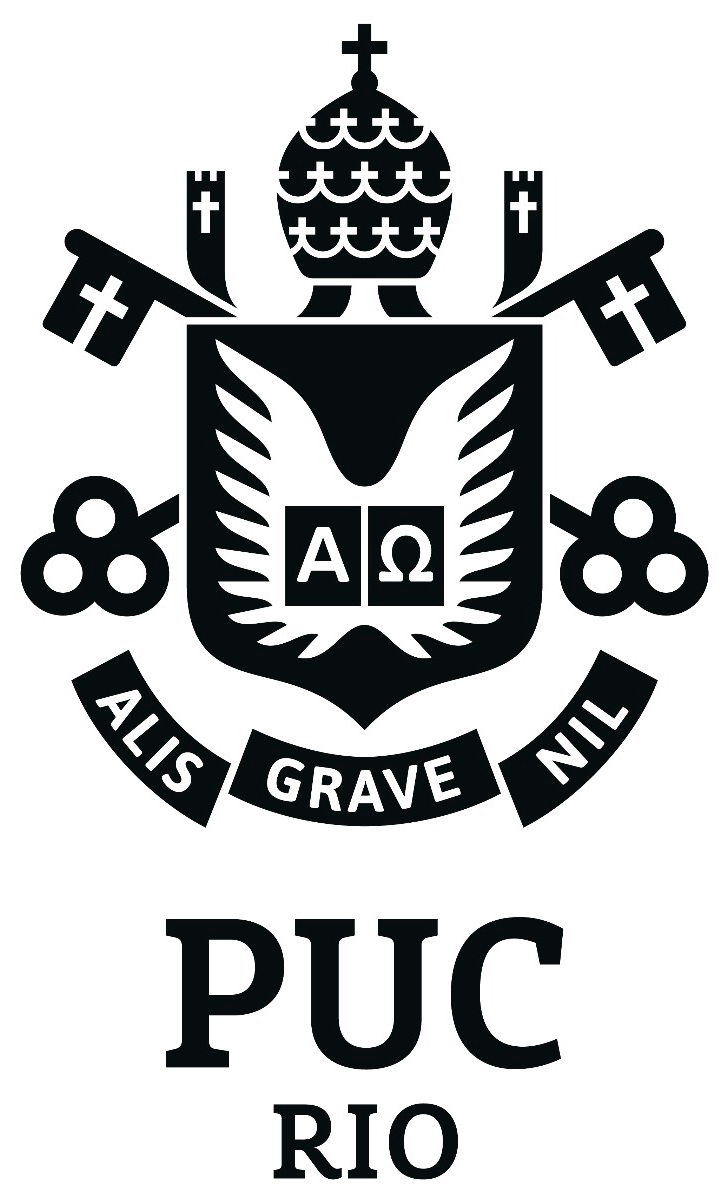Spillover effects of full-day schools: Evidence from São Paulo State
Orientador(a): Juliano Assunção
Banca: Leonardo Rosa, Ursula Mello.Lengthening school time is an attractive policy that middle-income countries have been adopting. However, regardless of an increasing number of works analyzing the impact of increasing instructional time on students’ achievement, little is known about the spillover that this kind of policy generates, despite its high cost for poor students from developing countries. Therefore, we evaluate the impact of full-day schools on regular public schools (part-time). To do so, we analyze the Programa de Ensino Integral (PEI) of São Paulo state for secondary education in a dataset with schools geolocations. We use a dynamic difference-in-differences strategy to show that full-day schools change students and teachers composition of nearby regular schools and negatively affect their achievement and drop-out. Furthermore, we estimate PEI’ impact on treated schools removing spillover bias and confirm that the spillovers are relatively small compared with the program’s gains.
Veja também
Monetary Policy and Housing in HANK
09/05/2025
Marcos Kiehl Sonnervig
A stochastic simulation/calibration of the cash flows between FAT and BNDES Better understanding the cash flow projections for the fund
05/05/2025
Tiago Cytryn Collett Solberg
Domestic and External Shocks in the Brazilian Business Cycle
28/04/2025
Yvan Becard

